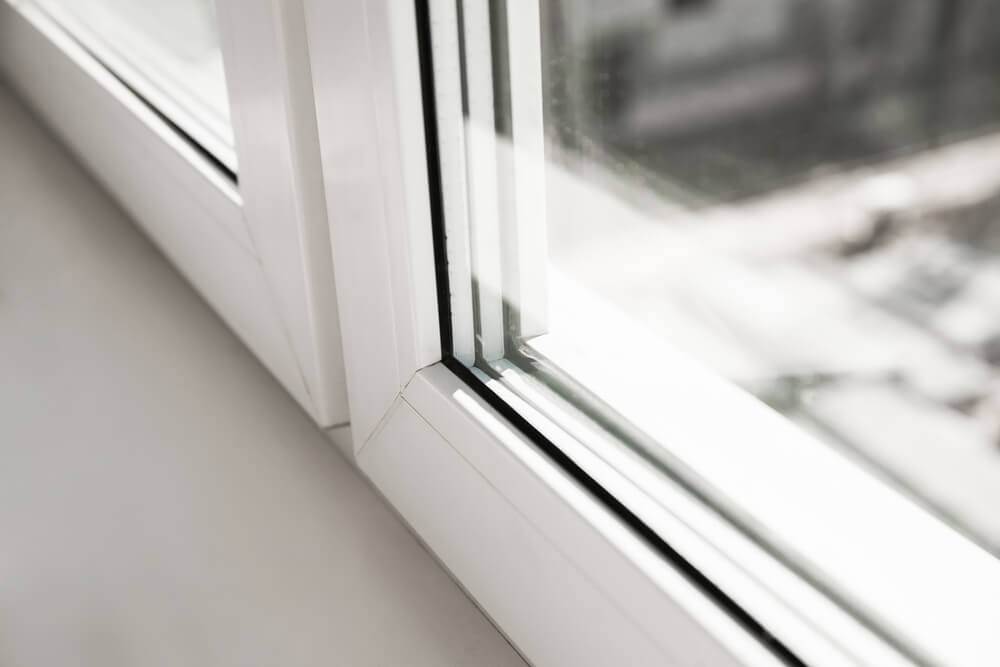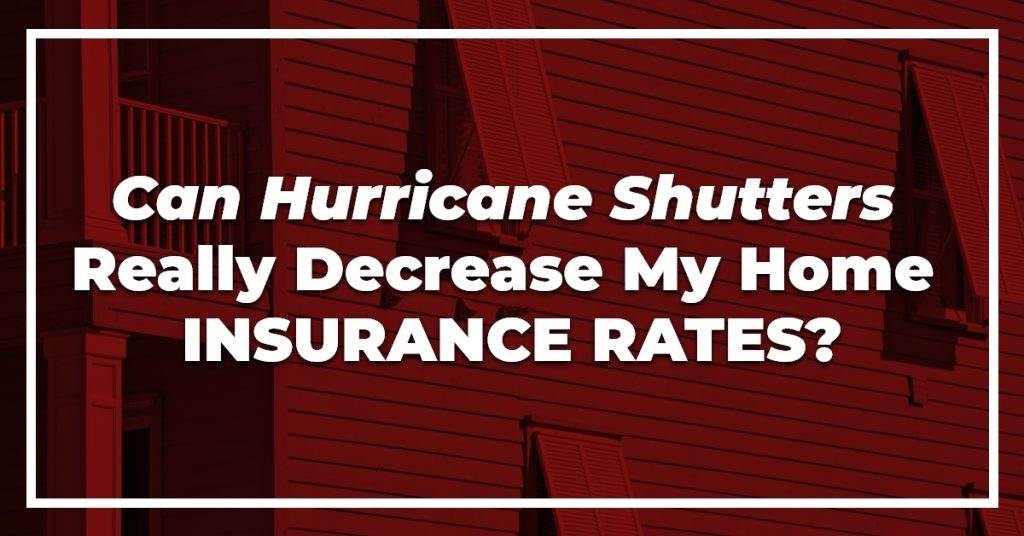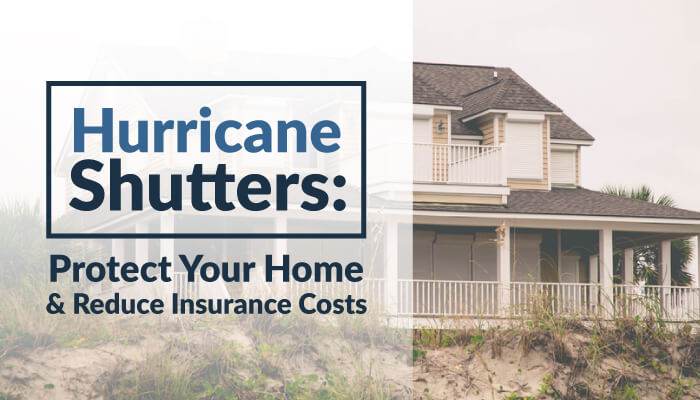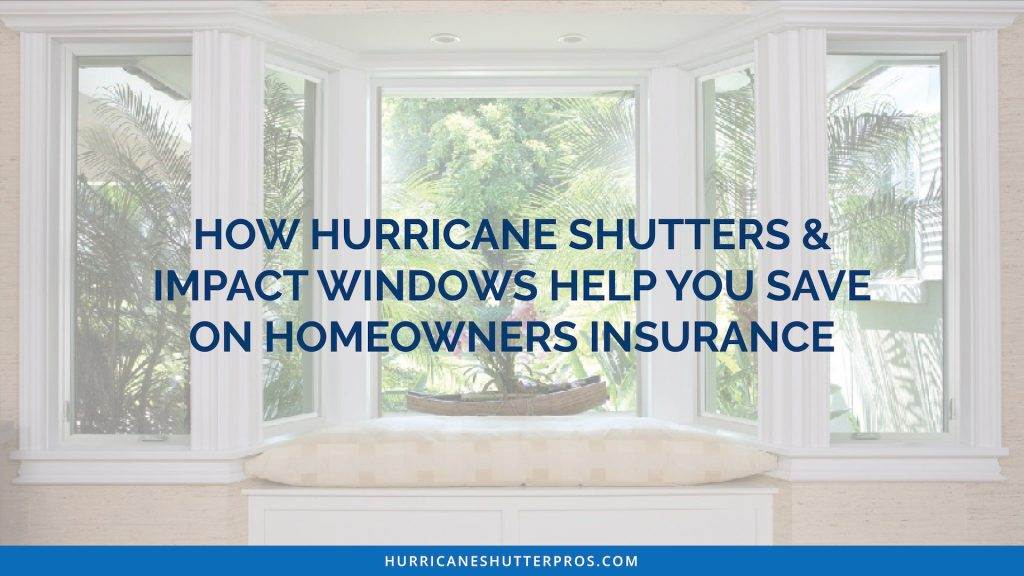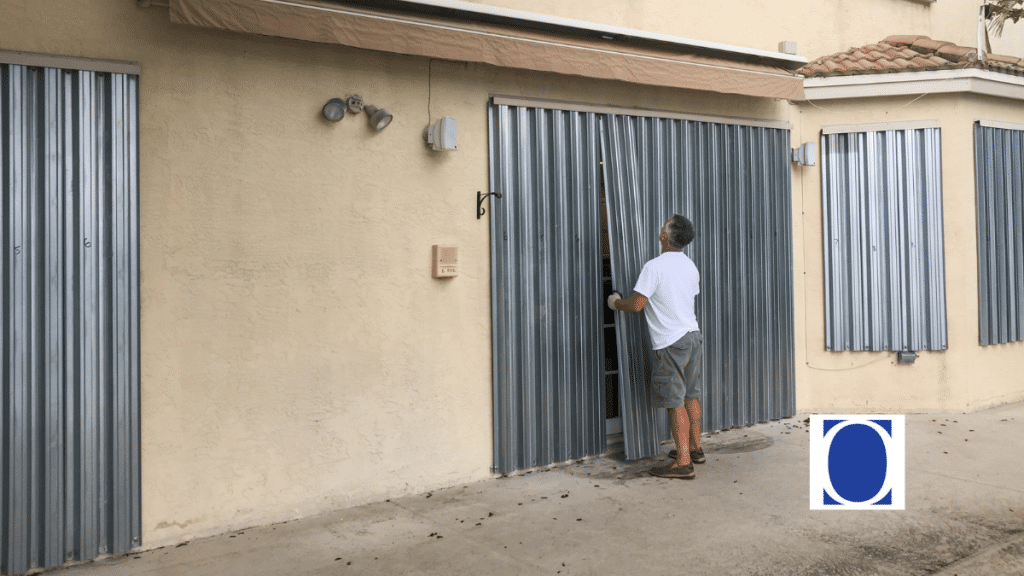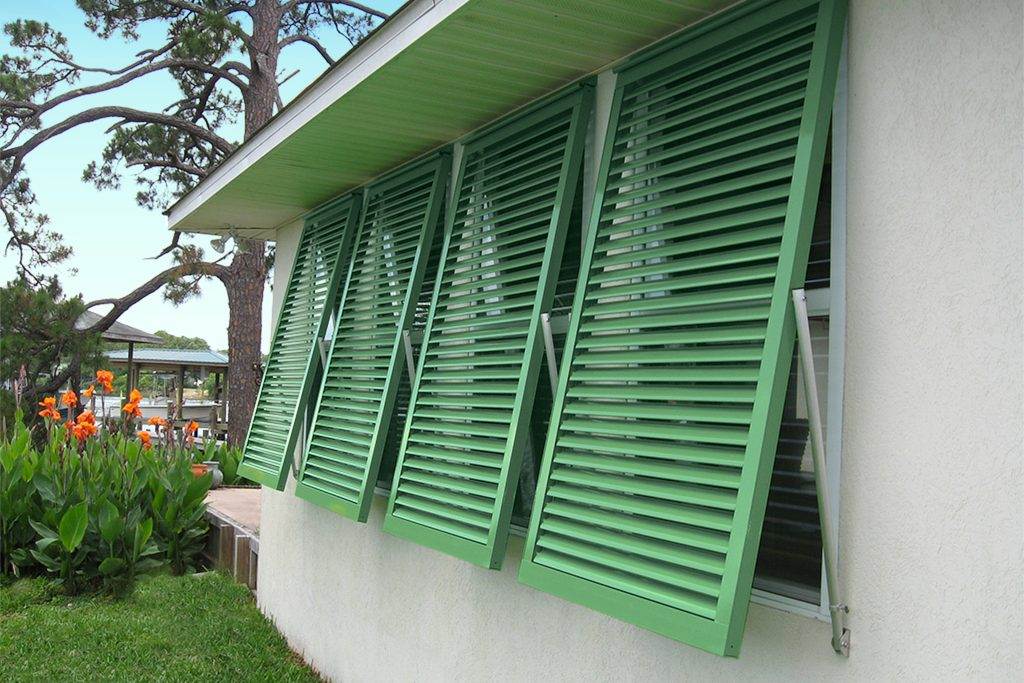So there we were, standing in the aftermath of yet another hurricane, staring at the shattered glass of our once-pristine windows. We couldn’t help but wonder – are hurricane windows really worth the investment? Living in an area prone to severe storms, we’ve always grappled with the idea of fortifying our homes against Mother Nature’s wrath. After some careful research and consideration, we found ourselves diving into a world of reinforced glass and structural integrity, all in search of the ultimate answer to our question.

What are hurricane windows?
Hurricane windows, also known as impact windows, are specially designed windows that are built to withstand strong winds and impacts from flying debris during severe weather conditions such as hurricanes and tropical storms. They are made with reinforced frames and impact-resistant glass, providing an extra layer of protection for homes in hurricane-prone areas.
Definition of hurricane windows
Hurricane windows are windows that are specifically designed and constructed to withstand the forces of hurricanes and other severe weather events. They are built to have increased structural integrity and impact resistance, providing homeowners with peace of mind and protection during extreme weather conditions.
Components of hurricane windows
There are several key components that make up hurricane windows:
- Reinforced Frames: Hurricane windows are made with reinforced frames, typically constructed from materials such as aluminum, vinyl, or fiberglass. These frames are designed to provide extra strength and support to the window.
- Impact-Resistant Glass: The glass used in hurricane windows is specially designed to withstand high winds and impacts. It is typically made of laminated glass, which consists of two layers of glass with an interlayer of clear polyvinyl butyral (PVB) or ethylene-vinyl acetate (EVA). This laminated glass is highly durable and is able to withstand the force of flying debris.
- Sealants and Weatherstripping: Hurricane windows are also equipped with high-quality sealants and weatherstripping to ensure a tight seal and prevent water intrusion during storms.
Purpose of hurricane windows
The primary purpose of hurricane windows is to provide protection for homes and their occupants during severe weather events, particularly hurricanes and tropical storms. By installing hurricane windows, homeowners can reduce the risk of damage caused by high winds, flying debris, and water intrusion. Additionally, hurricane windows offer several other benefits such as enhanced security, reduced energy costs, and sound insulation.
Benefits of hurricane windows
Protection against strong winds
One of the most significant benefits of hurricane windows is their ability to withstand strong winds. These windows are designed to meet stringent testing standards for wind resistance, including wind speeds of up to 200 miles per hour. By installing hurricane windows, homeowners can have peace of mind knowing that their windows are less likely to fail during a hurricane, reducing the risk of significant damage to their property.
Impact resistance
Hurricane windows are specifically designed to be impact resistant, meaning they are able to withstand the force of flying debris without shattering. The laminated glass used in hurricane windows is able to absorb the impact, preventing shards of glass from entering the home. This not only protects the occupants but also helps to maintain the structural integrity of the window, reducing the likelihood of water intrusion and further damage.
Prevention of shattered glass
In addition to impact resistance, hurricane windows also prevent shattered glass. The interlayer of PVB or EVA in laminated glass helps to hold the glass together, even if it breaks. This is particularly important during a hurricane, as shattered glass can be dangerous and cause injury to occupants. With hurricane windows, the glass remains intact even if it cracks, providing an added layer of safety.
Enhanced security
Hurricane windows also offer enhanced security benefits. Due to their reinforced frames and impact-resistant glass, these windows are more difficult to breach compared to standard windows. This can deter potential intruders and provide homeowners with an added sense of security. Additionally, some insurance companies may offer discounts on homeowners’ insurance premiums for homes with hurricane windows due to the increased security they provide.
Reduced energy costs
Another advantage of hurricane windows is their ability to reduce energy costs. The high-quality construction and tight seal of these windows help to minimize air leakage, preventing hot or cold air from entering or exiting the home. This can result in improved energy efficiency, leading to lower heating and cooling costs throughout the year. Additionally, hurricane windows also offer UV protection, reducing the amount of harmful rays that enter the home and potentially damaging furniture and fabrics.
Sound insulation
Hurricane windows provide excellent sound insulation, reducing the amount of outside noise that enters the home. The multiple layers of laminated glass and the tight seal of these windows help to block out noise, creating a quieter and more peaceful living environment. This can be particularly beneficial for homes located in busy urban areas or near highways.
Factors to consider
Location and frequency of hurricanes
When considering the installation of hurricane windows, it is important to take into account the location and frequency of hurricanes in the area. Regions prone to frequent hurricanes or areas that have experienced severe hurricane damage in the past would benefit greatly from the added protection that hurricane windows provide.
Building codes and insurance requirements
Local building codes and insurance requirements should also be considered. Some areas have specific building codes that require homes to have hurricane-resistant windows in order to meet safety standards. Additionally, insurance companies may offer discounts on homeowners’ insurance premiums for homes equipped with hurricane windows, making them a more cost-effective option in the long run.
Home value and return on investment
Investing in hurricane windows can also increase the value of a home and provide a return on investment. Homebuyers in hurricane-prone areas often prioritize properties with hurricane protection measures in place. Additionally, the enhanced security, energy efficiency, and other benefits of hurricane windows can be attractive selling points and may increase the overall resale value of a home.
Cost of installation
The cost of installing hurricane windows is an important factor to consider. The price can vary depending on factors such as the size of the windows, the type of frames and glass used, and the complexity of the installation process. However, it is crucial to remember that the cost of potential hurricane damage to a home, including repair and replacement costs, can far outweigh the initial expense of installing hurricane windows.
Maintenance and durability
Another consideration is the maintenance and durability of hurricane windows. While they are designed to be highly durable and long-lasting, regular maintenance is still necessary to ensure optimal performance. This might include cleaning the windows and inspecting the frames and seals for any signs of wear or damage. Homeowners should also follow any manufacturer-recommended maintenance guidelines to extend the lifespan of their hurricane windows.
Aesthetic considerations
Aesthetic preferences should not be overlooked when selecting hurricane windows. With advancements in technology, hurricane windows now come in various styles, colors, and designs, allowing homeowners to choose options that complement their home’s architecture and personal style. Consulting with a professional and exploring different options can help homeowners find hurricane windows that not only provide protection but also enhance the overall look and curb appeal of their home.
Types of hurricane windows
High-impact glass windows
High-impact glass windows are one of the most common types of hurricane windows. They are made with laminated glass that has been reinforced to provide resistance against impacts and high winds. High-impact glass windows are available in various styles and designs, making them a versatile option for homeowners.
Storm-resistant laminated glass windows
Similar to high-impact glass windows, storm-resistant laminated glass windows offer protection against hurricanes and extreme weather events. These windows are made with multiple layers of laminated glass and provide added strength and impact resistance.
Do-it-yourself hurricane film
Do-it-yourself hurricane film is a cost-effective option for homeowners looking to add an extra layer of protection. This film is applied directly to existing windows and provides additional impact resistance. While it is not as effective as hurricane windows, it can still provide a level of protection during a severe storm.
Accordion or roll-down shutters
Accordion or roll-down shutters are another popular choice for hurricane protection. These shutters are installed on the exterior of windows and can be easily deployed when a storm is approaching. Accordion shutters fold up like an accordion, while roll-down shutters are operated with a motorized system. Both types offer strong protection against hurricanes and can also provide added security and privacy.
Hurricane fabric screens
Hurricane fabric screens are a newer option on the market. These screens are made from a strong, flexible material that is designed to withstand high winds and impacts. They can be easily installed and removed as needed, making them a convenient choice for homeowners.

This image is property of thumbor.forbes.com.
Comparing hurricane windows to other protection measures
Plywood or OSB panels
Plywood or oriented strand board (OSB) panels are a commonly used temporary measure for protecting windows during hurricanes. While they are relatively inexpensive, they require time and effort to install and remove. Additionally, plywood or OSB panels are not as effective as hurricane windows when it comes to impact resistance and wind protection. They lack the reinforced frames and impact-resistant glass that hurricane windows offer.
Hurricane shutters
Hurricane shutters provide effective protection against hurricanes and high winds. They are available in various styles, including accordion, roll-down, and Bahama shutters. Hurricane shutters are installed on the exterior of windows and can be closed when a storm is approaching, providing a strong barrier against flying debris and wind.
Impact-resistant doors
In addition to windows, impact-resistant doors are also available. These doors are constructed similarly to hurricane windows, with reinforced frames and impact-resistant glass. Installing impact-resistant doors can provide a comprehensive approach to protecting a home from hurricanes and severe weather.
Storm doors
Storm doors are another option to consider for protection against hurricanes. While they may not offer the same level of impact resistance as hurricane windows, they can still provide an additional layer of protection and help to minimize the risk of damage caused by flying debris.
Installation process and cost
Hiring a professional
For the installation of hurricane windows, it is recommended to hire a professional contractor who specializes in hurricane window installation. They have the knowledge, experience, and tools required to properly install the windows and ensure they meet the necessary building codes and safety standards. The cost of professional installation can vary depending on factors such as the size and number of windows, the complexity of the project, and the contractor’s rates.
DIY installation
While it is possible to install hurricane windows as a do-it-yourself project, it is important to have the necessary skills and knowledge. The installation process requires precise measurements, proper sealing, and adherence to building codes. Improper installation can compromise the effectiveness and performance of the windows, potentially leading to damage during a storm. Homeowners should carefully consider their abilities before deciding to tackle the installation themselves.
Factors influencing the cost
The cost of installing hurricane windows can vary depending on several factors:
- Size and number of windows: The more windows that need to be replaced or installed, the higher the cost.
- Type of frames and glass: Different materials and glass options come with varying price points.
- Complexity of the installation: Factors such as the accessibility of the windows and any customizations needed can affect the overall cost.
- Additional features: Optional features such as tinting or decorative grilles may add to the total cost.
It is recommended to obtain quotes from multiple contractors and compare their prices, services, and warranties before making a decision.

This image is property of eurexshutters.com.
Insurance discounts
Qualifications for insurance discounts
In many cases, having hurricane windows installed can make homeowners eligible for insurance discounts. Insurance companies often offer discounts for homes with hurricane protection measures in place, as it reduces the risk of damage and potential claims. Homeowners should check with their insurance provider to determine the specific qualifications and requirements for receiving these discounts.
Percentage of premium reduction
The percentage of premium reduction offered by insurance companies for homes equipped with hurricane windows can vary. Typically, discounts can range from 5% to 30% off the overall premium. Discounts may also be available for other hurricane protection measures such as impact-resistant doors or hurricane shutters. It is important for homeowners to review their insurance policies and discuss the available discounts with their insurance provider to fully understand the potential savings.
Additional considerations
Noise reduction
In addition to providing protection against hurricanes, hurricane windows also offer excellent noise reduction capabilities. The multiple layers of laminated glass, combined with the tight seal of these windows, can help to block out unwanted noise from the outside, creating a quieter and more peaceful indoor environment.
UV protection
Hurricane windows provide UV protection, which can help to reduce the fading and deterioration of furniture, flooring, and other interior elements caused by prolonged exposure to sunlight. The interlayer in laminated glass filters out harmful UV rays, allowing homeowners to enjoy natural light without worrying about damage to their belongings.
Heat insulation
The construction of hurricane windows also contributes to improved heat insulation. The laminated glass, along with the tight seal and weatherstripping, helps to prevent heat transfer, keeping the interior of the home cooler in the summer and warmer in the winter. This can lead to energy savings and a more comfortable living environment.
Enhanced resale value
Investing in hurricane windows can also enhance the resale value of a home. Buyers in hurricane-prone areas often prioritize properties with hurricane protection measures in place. The added security, energy efficiency, noise reduction, and other benefits offered by hurricane windows can increase the attractiveness and value of a home, potentially resulting in a higher sale price.
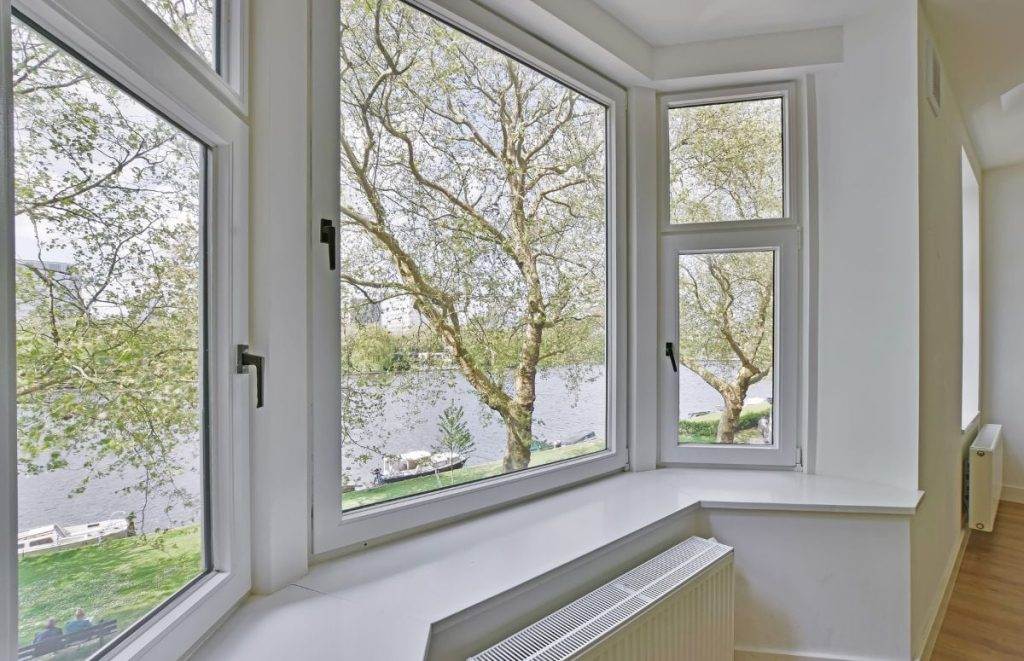
This image is property of www.attainablehome.com.
Conclusion
In conclusion, hurricane windows are a valuable investment for homeowners in hurricane-prone areas. They provide protection against strong winds, impact resistance, prevention of shattered glass, enhanced security, reduced energy costs, and sound insulation. Factors such as the location and frequency of hurricanes, building codes and insurance requirements, home value and return on investment, cost of installation, maintenance and durability, and aesthetic considerations should be taken into account when considering the installation of hurricane windows. Various types of hurricane windows, including high-impact glass windows, storm-resistant laminated glass windows, do-it-yourself hurricane film, accordion or roll-down shutters, and hurricane fabric screens, offer different levels of protection and flexibility. Hurricane windows can be compared to other protection measures such as plywood or OSB panels, hurricane shutters, impact-resistant doors, and storm doors. The installation process can be done by hiring a professional or as a DIY project, with the cost influenced by factors such as the size and number of windows, type of frames and glass, complexity of the installation, and additional features. Insurance discounts are often available for homes equipped with hurricane windows, with the percentage of premium reduction varying by insurance provider. Additional considerations such as noise reduction, UV protection, heat insulation, and enhanced resale value further highlight the benefits of investing in hurricane windows. Overall, the comprehensive protection and long-term savings make hurricane windows a worthwhile investment for homeowners in hurricane-prone areas.



